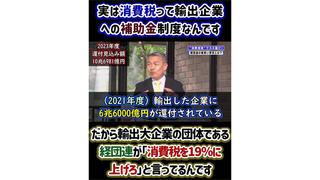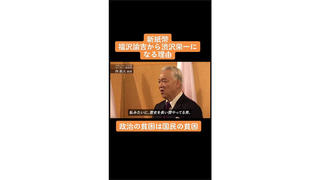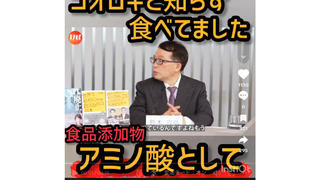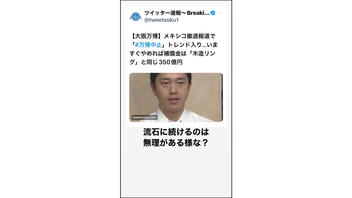
Is it true that nations departing from the 2025 Osaka Expo, such as Mexico and Estonia, are doing so solely due to the compensation they will receive for early withdrawal? No, that's not true: The decision of Mexico and Estonia to withdraw from the event is based on their financial inability to sustain participation in the Expo and fulfill their commitments.
The claim appeared in a video on TikTok (archived here) on November 11, 2023. The caption (translated from Japanese to English by Lead Stories staff) reads:
[Osaka Expo] Reports of Mexico's withdrawal have gotten 'cancel expo' trending. If you withdraw now, you will receive 35 billion Yen in compensation.
This is what the post looked like on TikTok at the time of writing:
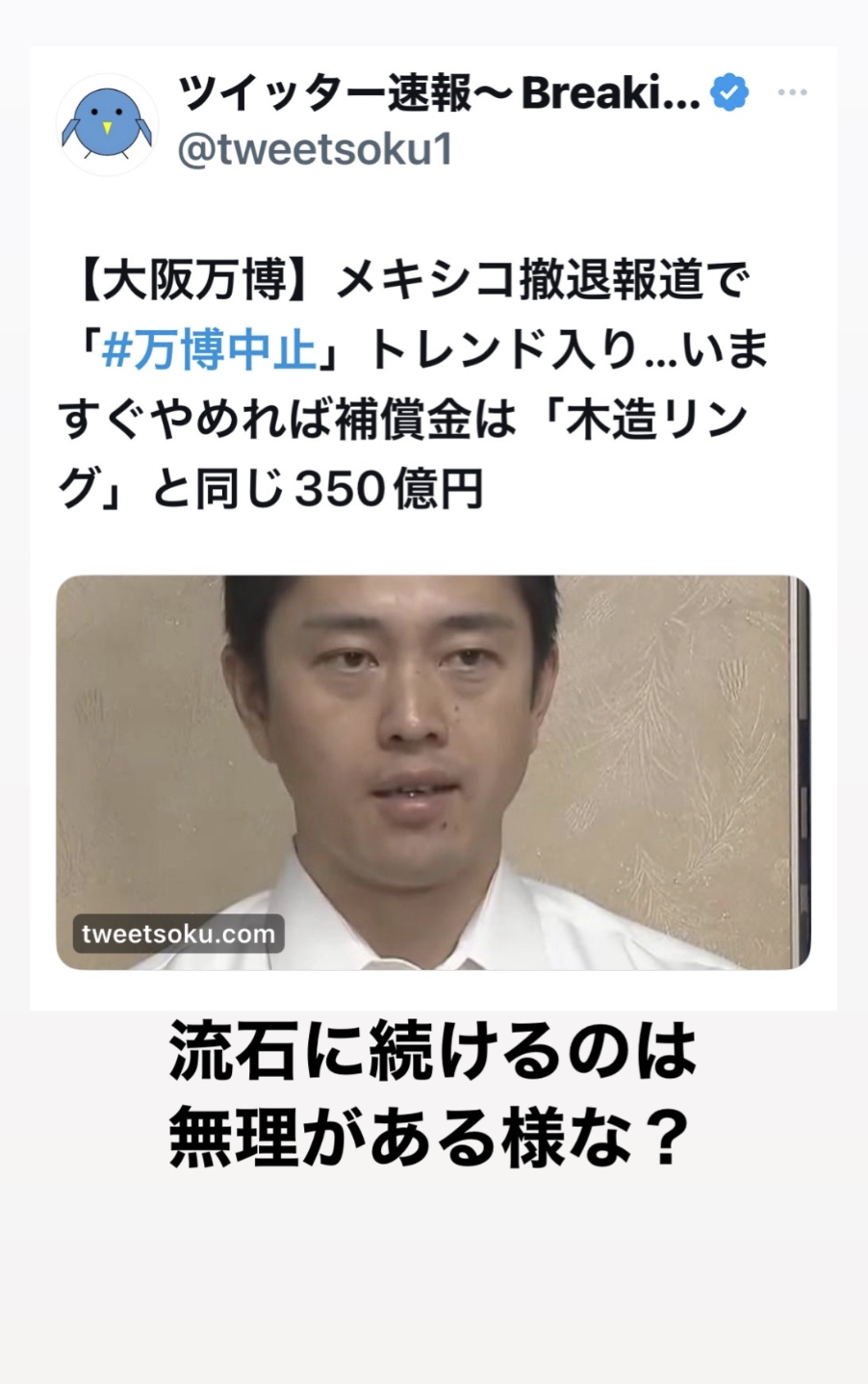
(Source: TikTok screenshot taken on Sat Nov 18 03:25:28 2023 UTC)
The headline of the article on the TikTok video is from a Yahoo News article that adds more detail to Mexico's cancellation. Contrary to the video's implications, the quoted statement reflects Osaka Gov. Hirofumi Yoshimura's concerns about a potential "retreat domino" following Mexico's withdrawal.
Reports on Mexico and Estonia leaving the Expo indicate that nine countries collaborated to fund the Expo's 350 billion yen after the withdrawals, attributing financial challenges as the reason for both nations stepping back from pavilion construction. Jimi Hanako, the minister of the 2025 World Expo, revealed that Denmark, Finland, Norway, Iceland, Sweden, Chile, Cameroon, Croatia and Jamaica have expressed interest in participating. This offsets Mexico and Estonia's withdrawal, increasing the total participating countries from 153 to 160. Hanako added that, apart from Mexico and Estonia, no other country has sought to withdraw from the Expo.
World Expos, also known as International Registered Exhibitions, unite nations in addressing contemporary challenges through immersive activities, attracting millions of visitors and leaving a lasting impact on the host city through the creation of extraordinary pavilions. The event takes place every five years.




